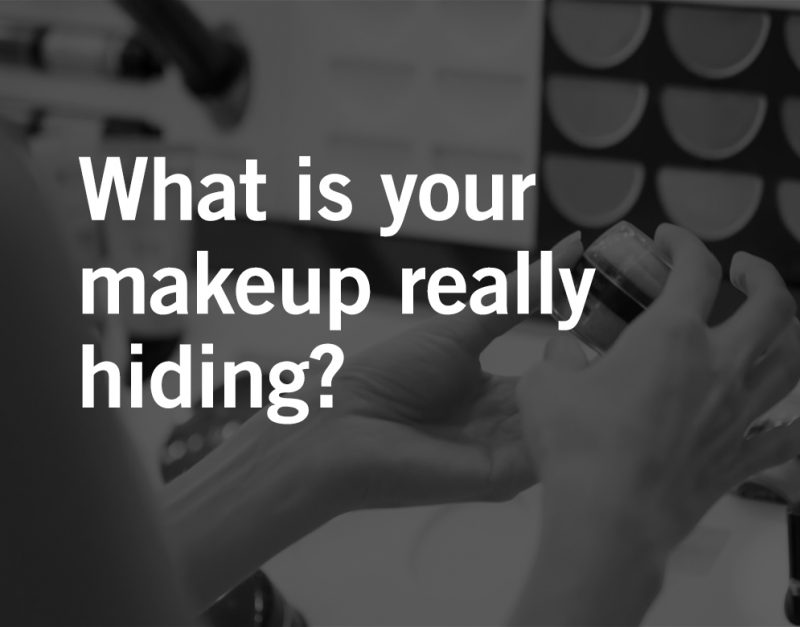 April 3, 2018
April 3, 2018 Possible asbestos in Claire’s makeup serves as a reminder of “lenient” oversight in the cosmetic industry
Claire’s dismisses claims of alleged asbestos-contaminated makeup after a Rhode Island mother reports finding asbestos in her child’s makeup. Becoming concerned about the ingredients in the makeup, Kristi Warner sent in samples to an independent lab for testing in North Carolina. The results showed that the glitter makeup kit contained tremolite asbestos. In a follow-up, 17 more Claire’s products from nine different states were sent in for further testing. All of the products tested positive for tremolite asbestos.
In an initial response to the investigation, Claire’s removed the items from store shelves. Upon conducting their own testing, Claire’s claims that “the products in question are asbestos free.”
What is Asbestos?
Tremolite asbestos has been associated with the development of mesothelioma, a malignant form of cancer that lines the chest, abdominal cavity, or heart. While the makeup in question was used by a child, the average age of a mesothelioma patient is between 50 and 70 years old as the latency period for the disease is up to 30 or 40 years.
The U.S. government does not require cosmetic products and ingredients to have FDA approval via any sort of clearance process prior to them going to market and it does not require that labeling of asbestos content in cosmetic component ingredients be made public.
Talc, a common ingredient in cosmetic products, baby powder, and many other products, has repeatedly been found to be contaminated with asbestos. Individuals who have used asbestos-contaminated products and later developed mesothelioma have brought suit against manufacturers that utilize talc in their products, such as Johnson & Johnson.
What are Cosmetics and How are They Monitored?
The Federal Food, Drug, and Cosmetic Act (FD&C Act) defines cosmetics as “articles intended to be rubbed, poured, sprinkled, or sprayed on, introduced into, or otherwise applied to the human body . . . for cleansing, beautifying, promoting attractiveness, or altering appearance.” While cosmetics are not FDA-approved, they are regulated. Under the law, cosmetics must not be “adulterated” or “misbranded.” In other words, cosmetics must be safe for consumers when used according to directions on the label, or in the customary or expected way, and they must be properly labeled. Companies and individuals who market cosmetics have a legal responsibility for the safety and labeling of their products.
About Waters Kraus Paul & Siegel
Waters Kraus Paul & Siegel is a mid-sized plaintiffs’ firm with experience in mesothelioma asbestos lawsuits. The asbestos attorneys are fighting to hold manufacturers responsible in mesothelioma asbestos lawsuits for failing to adequately protect consumers. If you suffer from mesothelioma caused by asbestos exposure, the asbestos attorneys at Waters Kraus Paul & Siegel will fight for the compensation you deserve. Email us or call our asbestos attorneys at 800.226.9880 to discuss your potential mesothelioma asbestos lawsuit.


